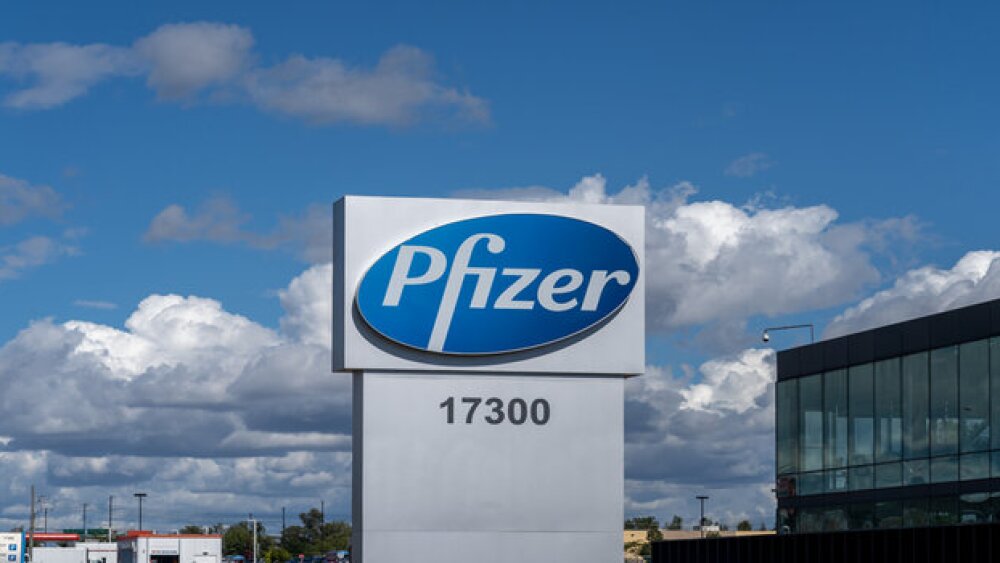AURORA, Colo. and BOULDER, Colo., June 1 /PRNewswire/ -- University of Colorado at Denver and Health Sciences Center (UCDHSC) and Source MDx have entered into a research collaboration in order to develop molecular diagnostic tests for early diagnosis and prognosis of skin diseases including melanoma and psoriasis based on Source MDx's patented molecular medicine technology. Malignant melanoma is the most aggressive and life-threatening skin cancer and has a high tendency to spread to other parts of the body. The American Cancer Society projects that more than 62,000 people in the United States will be diagnosed with melanoma in 2006 and the cumulative lifetime risk for melanoma is now estimated to be around 1:65 in the United States. The cure rates depend greatly on the stage of melanoma by the time of detection as earlier detection increases the chances of being cured.
"Early detection and accurate staging of melanoma is critical to the management of melanoma, and identifying the patients who will show progression to metastatic disease is important to direct an appropriate treatment regimen." said Mayumi Fujita, M.D., Ph.D. Assistant Professor, Dept. of Dermatology who collaborates with William A. Robinson, M.D., Professor, Medical Oncology at the University of Colorado School of Medicine. "Malignant melanoma, when detected prior to progression, is a highly curable malignancy. There is clearly an unmet clinical need for improved predictive biomarkers of regional spread in clinically localized primary melanomas."
The research collaboration in melanoma will focus on the development of blood biomarkers to both screen patients for sentinel lymph node ("SLN") surgery and provide predictors for melanoma prognosis. SLN surgery is now the primary predictor of melanoma prognosis. A critical unmet need exists for diagnostic tests based on blood samples to replace this expensive, invasive surgery. SLN major surgery costs $6,000 to $7,000 per patient and patient outcome results show that only approximately 1 in 5 SLN surgeries result in positive diagnosis of metastases. SLN surgery is a key predictor in other cancers including breast and liver that also have a critical unmet need for blood tests to screen patients for this expensive and risky surgery. The melanoma biomarker research collaboration is also focused on blood and tissue samples from late stage melanoma patients for molecular profiling of response to drug therapy that may have therapeutic implications.
The National Psoriasis Foundation estimates that over 4.5 million people in the United States are affected by psoriasis and reports that in a survey nearly 60 percent of people with psoriasis reported their disease to be a large problem in their everyday life. The research collaboration will focus on mechanism of action studies with anti-TNF biological agents and other anti- cytokine biological therapeutic agents in chronic plaque psoriasis. "I am very pleased to participate in this University-Industry research collaboration together along with Charles Dinarello, M.D., Professor of Medicine at CU and a recognized cytokine expert, as well as David Norris, M.D., Professor and Chairman of the Department of Dermatology at CU," said Carl Edwards, Ph.D., Associate Professor, Dept. of Dermatology at the CU School of Medicine. "We strongly believe that we can work closely with the scientists at Source MDx to identify subpopulations of psoriasis patients with different clinical status as well as help clinicians in the future determine which type of anti-TNF agent these patients should receive."
"We are pleased to work with the UCDHSC, which is one of the leading academic research centers for skin cancer and other skin diseases in the United States," said Bunki Davis, Sr. Vice President of Source MDx. "These collaboration studies are designed to capture gene expression and clinical observation data to stratify skin disease patients into molecular subpopulations to further characterize the disease and develop early diagnosis and prognosis molecular tests," she added.
The University of Colorado at Denver and Health Sciences Center is one of three campuses in the University of Colorado system. Located in Denver and Aurora, Colo., the center includes schools of medicine, nursing, pharmacy, and dentistry, a graduate school and a teaching hospital. For more information, visit the Web site at www.uchsc.edu or the UCDHSC Newsroom at http://www.uchsc.edu/news.
Source MDx is focused on the development of RNA-based biomarkers and companion diagnostics in inflammation related therapeutic areas including oncology, cardiovascular, autoimmune and infectious diseases for pharmaceutical companies. Source MDx uses its patented molecular diagnostic system to monitor an individual's health, disease status and response to therapy at the molecular level, using RNA from whole blood or tissue samples. The Company has completed over 140 preclinical and clinical projects for more than 30 leading pharmaceutical, biotechnology and diagnostic companies.
Source MDxCONTACT: Michelle Linn at Source MDx, +1-508-419-1555,linnmich@sourcemdx.com




